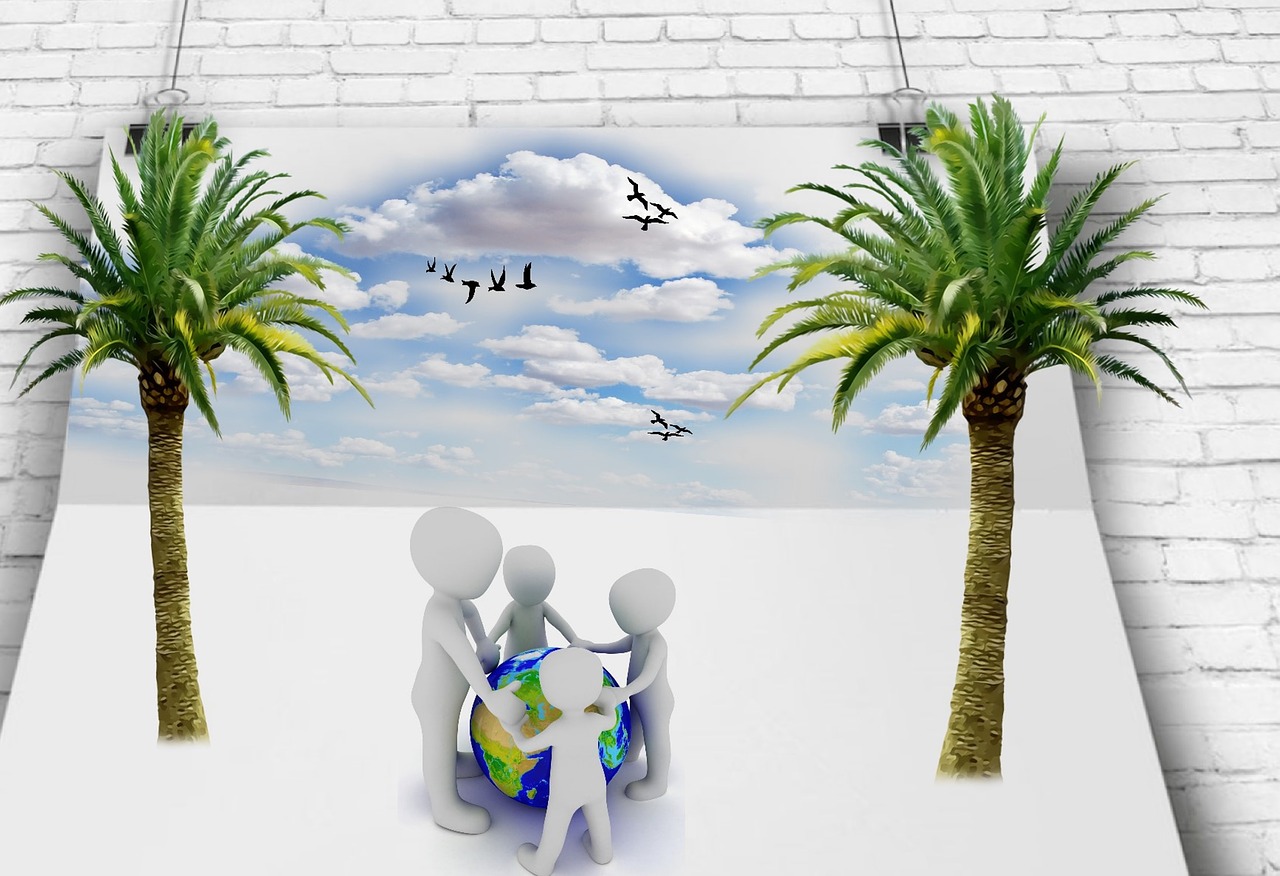Mar. 15, 2021
Contemplating the plight of our planet - "What on earth can I do?"
Contemplating the plight of our planet.
“What on earth can I do?”
I pondered this question recently while I spent a week reading up on our climate crisis. I felt I needed to delve in to this topic more and see what else I could do to help save our planet, other than using LED bulbs, recycling and making sure I was being a responsible citizen. By mid-week, after having read about the effects on biodiversity, I was hunched over my laptop, teary eyed, as I read about the nightmare the factory farm animals face on a daily basis. By the end of the week, I felt anxious and exhausted, ready to throw my hands up in the air. It all felt completely overwhelming. How could any additional contribution I make be big enough to help save this situation? Through my research, I have learned that I am not the only one that has felt this way and many of us feel that if other people aren’t going to do anything, it’s not going to make any difference. But, as much as I felt like switching on Netflix to escape into a comedy romance, I realized that I don’t want to give up. I couldn’t sit around and not try to play a part in some way. I have a 10-year old son, which plays on my mind and I don’t want him or our future generations to suffer any more than they have to. This is not their fault. I broke the multiple facets of this crisis down in my head, reminded myself to be compassionate with myself for not having done more sooner and decided to engage in taking one step at a time to play my part.
I began a Google search to further my quest and came across the book “Mother Earth Spirituality – Native American paths to healing ourselves and our world” written by Ed McGaa, a Native American from the Oglala Sioux tribe. I was curious about his philosophy and wanted to see what extra information he might have that we might be missing. He teaches about the spiritual outlook they have on the earth, or “Mother Earth”, as they refer to her. To them she is sacred and their most intimate relation. They see her as a living and holy being from which every bit of us comes from. Like a mother who nourishes her children, she looks after us and gives us all wealth, all fortune and the environment. From their perspective, our survival is dependent on the realization that we as a collective need to go back to seeing her as a living being. That we need to look at her in a spiritual way and remember that what we do to her, we do to ourselves. As human beings, we are totally dependent on nature. By working to save nature, we are really working to save ourselves and our children’s future. I realized that if we are to really allow this message to get through to us, we need to be able to see ourselves as an extension of the earth and as a part of her.
After reading that the practice of gratitude as well as respect are other Native American values, I took myself off to a nearby park with farm animals and trails to express my gratitude and respect which I felt was long over-due. As I sat by a stream and listened to the running water, touched the trees, the moss, the soil and watched the birds fly overhead in a beautiful sunny sky, I felt over-come with emotion. I was looking at my surroundings in a completely different way. Sure, I’ve expressed my appreciation for the beauty in our world before and love walking in nature, but it was different this time. I was no longer taking it for granted. I was acknowledging it in a deeper way. I was able to properly see and appreciate fully how these special living organisms have been keeping me alive and how humans and nature are inextricably linked. How we have always depended on the plants, animals and microorganisms that supply important ecosystem services and how each and every one of us has a purpose. It makes complete sense to me why the Native Americans hold such a deep reverence for nature and believe that every living organism is interconnected. Before I left, I thanked every form of life I could see that day, even the horse poop that I narrowly escaped, remembering the role it plays to improve the health of the soil and fertilize crops.
I continue to remind myself that it’s not too late to play more of a role in helping with this crisis. This is only the beginning of my journey but it’s a start. I have a lot more to learn and much more to do. I invite you to join on this journey, in a way that works for you, to do anything that you think may be helpful in any way. Whether it’s riding your bike to work to reduce the amount of carbon dioxide in the air, donating your change to plant a tree, teaching your kids to plant vegetables or expressing gratitude to the sentient animal that provided you with the meat that’s on your plate, you are contributing to play a part while also, in relation to the latter, honoring that animal which may in turn lead to you thinking about the possibility of eating in a more sustainable way.
What if that idea you had, but never did because you didn’t think it would make a difference, leads to something that does help? Every little bit helps. While the earth has natural self-healing powers, without the help of us as knowledgeable humans, she cannot set herself right. We all share her as a mutual friend, companion, mother who needs our help and compassion. By doing this together, we can at least try to make a difference. By seeing nature as a part of us and us as a part of nature, we can truly begin to care for all of us in a better way. While we cannot stop global warming overnight, there is hope. We can slow it down and work towards reaching “net zero” carbon emissions by 2050 or sooner but we need to start acting now.

